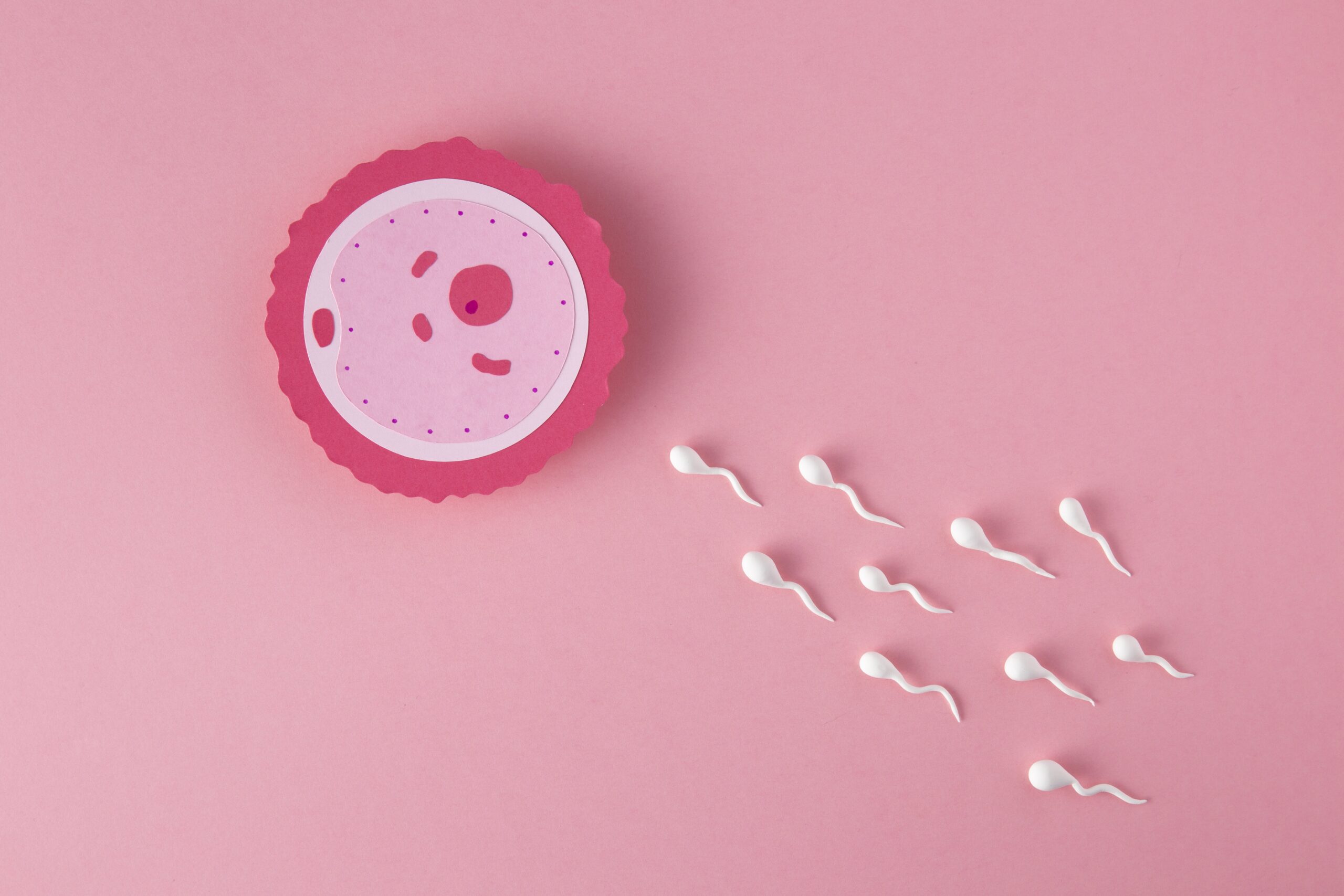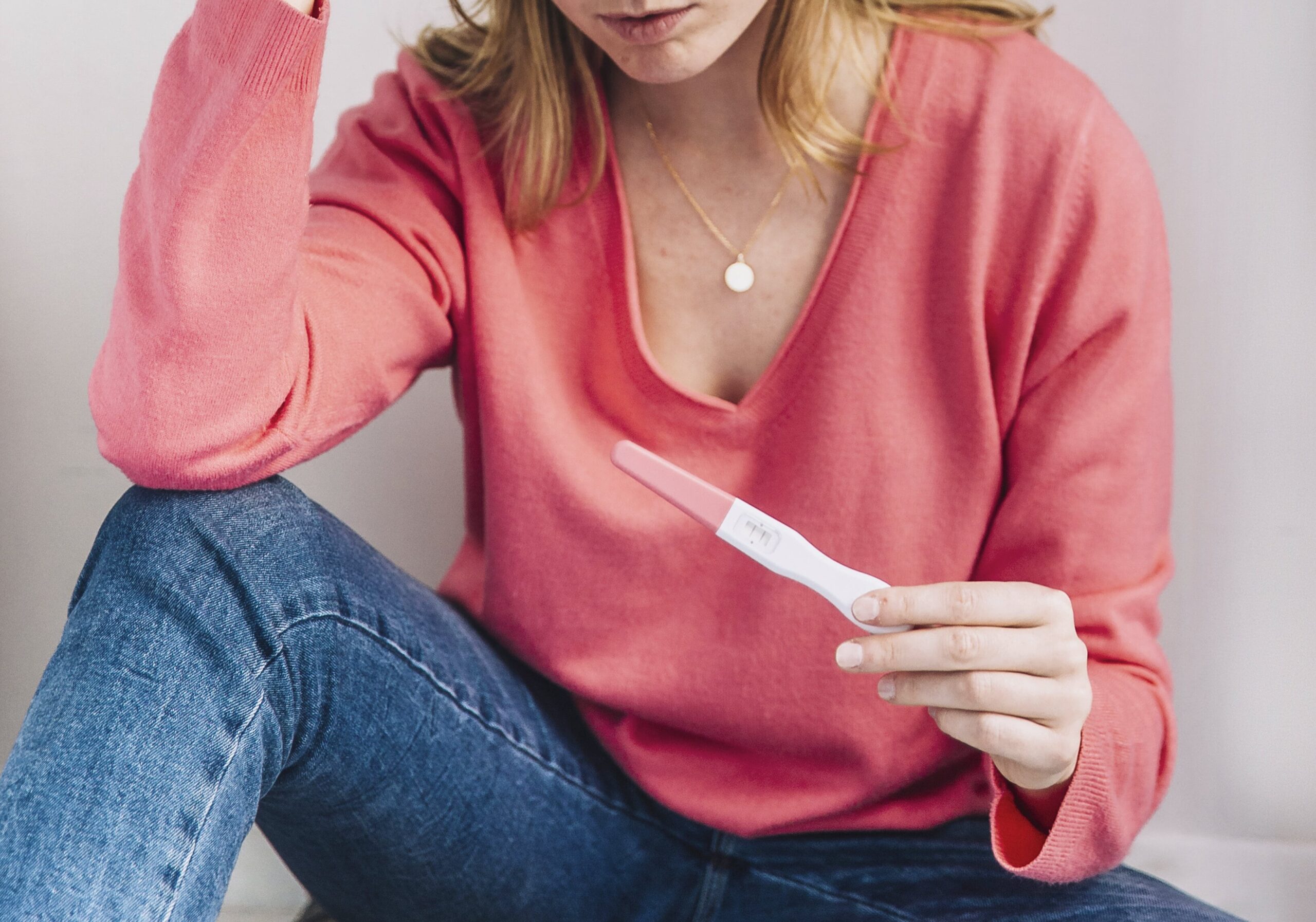How to get pregnant with PCOS: 4 tips and treatments
Getting pregnant isn’t always an easy journey. For some people, they weren’t ready to start a family until after the woman is over 35 and has fewer eggs. Other people have had excessive exposure to chemicals or radiation that impacts their fertility. In some cases, a medical condition is what stands in the way of successful conception.
It can be difficult to get pregnant with a condition like PCOS, but there are options that can help your fertility journey. Not only are there tips and tricks that you can incorporate into your everyday life, but there are treatments available to help you conceive.
In this post, you’ll learn about the basics of PCOS as well as tips and treatments that can help people with PCOS get pregnant.
Everything you need to know about PCOS
Polycystic ovarian syndrome, often referred to as PCOS, is a common hormonal disorder that affects up to 12% of U.S. women of childbearing age, which adds up to about 5 million people. Many people don’t even know they have it, as a study showed that up to 70% of women with PCOS haven’t received a diagnosis.
Even though an exact cause hasn’t been discovered, PCOS is believed to be caused by abnormal hormone secretions. Many women with PCOS have a high number of androgens and insulin. Androgens are sex hormones that can interfere with an egg being released during ovulation if their levels are too high. Insulin is a hormone that helps convert food into energy, and high insulin blood levels can be the result of insulin resistance.
Symptoms of PCOS include:
- Irregular or lack of menstrual periods.
- Cysts on the ovaries.
- Acne.
- Excessive hair growth.
- Weight gain.
- Infertility.
- Insulin resistance (which can lead to Type 2 diabetes).
4 tips to help you get pregnant with PCOS
While it may be true that up to 80% of women with PCOS have anovulatory infertility, there are a few tips and tricks that can increase your chances of conception. Tips for getting pregnant with PCOS are lifestyle changes that can help reduce the symptoms of the condition and boost the possibility of getting pregnant.
Here are four tips to help conceive with PCOS:
- Lose weight — A healthy, balanced diet and regular exercise can go a long way in improving your PCOS. In fact, losing just 5% of your body weight can make a significant difference in the health problems that stem from PCOS. A low-carbohydrate diet is recommended for women with the hormonal disorder.
- Balance blood sugar — Type 2 diabetes can interfere with fertility, and it’s common in women with PCOS due to the insulin resistance. You can balance your blood sugar levels with exercise and consuming plenty of healthy fats, protein and fiber. Your doctor may recommend medication to help your body properly use insulin.
- Reduce stressors — Excessive stress can impact every aspect of your life, including your fertility. Not only can stress make it harder to conceive by interrupting ovulation, it can cause high levels of cortisol, which may increase your insulin level. Learning stress management techniques, such as meditation or therapy, can make a difference.
- Track your period — Many women struggle to get pregnant as quickly as they would like because they aren’t sure when their menstruation or ovulation phases are. By determining when your body is most fertile (the day before and of ovulation), you can increase the chance of conception.
4 treatment options for getting pregnant with PCOS
If you’re still struggling to conceive after testing out some of our tips, there’s still hope. There are several treatment options for women who have had infertility that comes from polycystic ovarian syndrome. Your fertility specialist will determine the best course of action to give you the highest chances of conceiving.
Here are four infertility treatment options for women with PCOS:
- Ovarian stimulation (OS) — It’s important to increase the amount of eggs released during your cycle when your PCOS causes irregular periods. Your fertility specialist will provide a prescription for oral tablets of clomiphene citrate or letrozole. These prescriptions will increase the amount of mature eggs that are released from the fallopian tube. Many pregnancies from these medicines happen within the first three months.
- Metformin — For women with PCOS, a medication called metformin can offer many benefits. It’s mostly used as a way to treat Type 2 diabetes, but it can also lower your blood sugar and insulin levels. It can help treat infertility by stimulating ovulation, help regulate periods and reduce the risk of miscarriages.
- Trigger shot — If OS doesn’t help you conceive after a few months, then your fertility specialist may recommend that you couple it with an injection of human chorionic gonadotropin (HCG). This hormone helps to release multiple mature eggs during ovulation. To get the best timing, the shot will be administered during an ultrasound 24 to 36 hours before ovulation, which should coincide with intercourse.
- In vitro fertilization — When the OS pills and trigger shots don’t seem to be working, your fertility specialist may recommend in vitro fertilization, or IVF. This process involves removing eggs from the ovaries and taking them to a lab to be fertilized by sperm. It involves multiple procedures, and it won’t be effective for everyone.
Fertility Cloud can help women with PCOS get pregnant
Infertility can be difficult, especially when it stems from a condition that already impacts your health, like PCOS. But the specialists at Fertility Cloud will do everything they can to fight against the effects of PCOS and help you on your journey to conceiving a child.
Contact our team by phone today for more information or book an initial appointment online with a fertility specialist.




